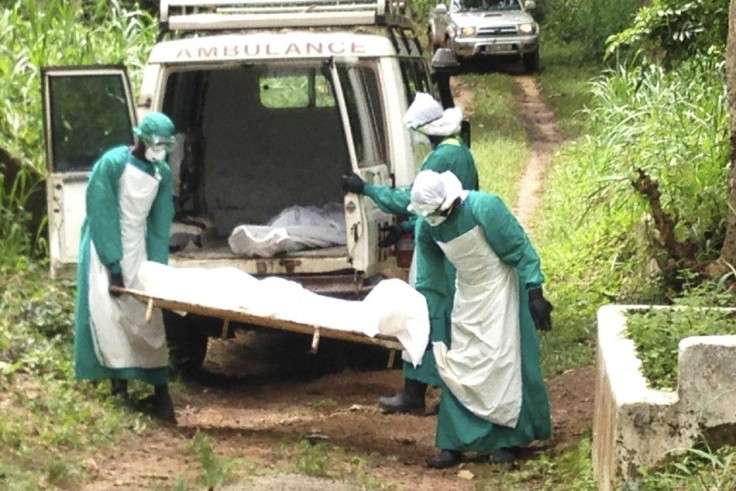Ebola Outbreak in Africa: WHO Enumerates Three Key Factors that Contribute to Spread of Deadly Ebola Virus Disease

Stopping the biggest Ebola outbreak that killed hundreds of people in West Africa: Guinea, Liberia and Sierra Leone, now appears to be the number one goal of United Nations together with West African ministers, U.S. Centers for Disease Control and Prevention, governments, charities and the private sector from around the world.
With the Ebola Virus Disease (EVD) spreading like wildfire in West Africa from the start of March, the World Health Organisation enumerated the three key factors that are considered to be the main contributors why the virus is continuing to spread.
First, WHO considers "burial of victims in accordance with cultural practices" as one of the factors that greatly contributes to the spread of EVD. Traditional burial in West Africa includes burying the dead in the floor of houses.
Liberia's deputy health minister Bernice Dahn told Reuters that there are "strict rules" aiming to prevent the spread of the Ebola virus from contaminated corpses but they are often being ignored.
Aside from the now uncontained epidemic, Bernice Dahn revealed to Reuters that what appears to be the biggest challenge from the Ebola outbreak is the "denial, fear and panic" that resulted from the spread of Ebola virus disease.
Second, WHO considers "dense population around capital cities of Guinea and Liberia." Third and last, WHO considers "commercial and social activity along the borders" of Guinea, Liberia and Sierra Leone to be one of the key factors that contributes to the spread of EVD.
Reuters reported that United Nation's World Health Organization (WHO) in the capital of Ghana has brought together ministers from different sectors to address the Ebola virus disease (EVD) outbreak and to prevent the virus from spreading to more countries other than the three that is considered to be the most infected.
"We would like to appeal to our development partners to come to the aid and support the three countries financially so that they can procure the needed drugs and protective clothing to support the health personnel fighting the Ebola virus," Sherry Avittey, Ghana's Minister of Health, told the conference during the "Special Ministerial Meeting on Ebola Virus Disease in West Africa" on Wednesday, July 2.
Data from the World Health Organisation reveals that Ebola outbreaks have a 90 per cent case fatality rate. The Ebola virus disease, formerly known as the Ebola haemorrhagic fever, is said to have originated from wild animals that was transmitted to people and has spread wildly through human to human transmissions (e.g. direct contact through blood).
"The impact of this outbreak has been phenomenal in terms of loss of human life and negative effect of social and economic life," Louis Cambo, WHO Regional Director for Africa, told Reuters, adding that Ebola outbreak have also unreasonably affected health workers.






